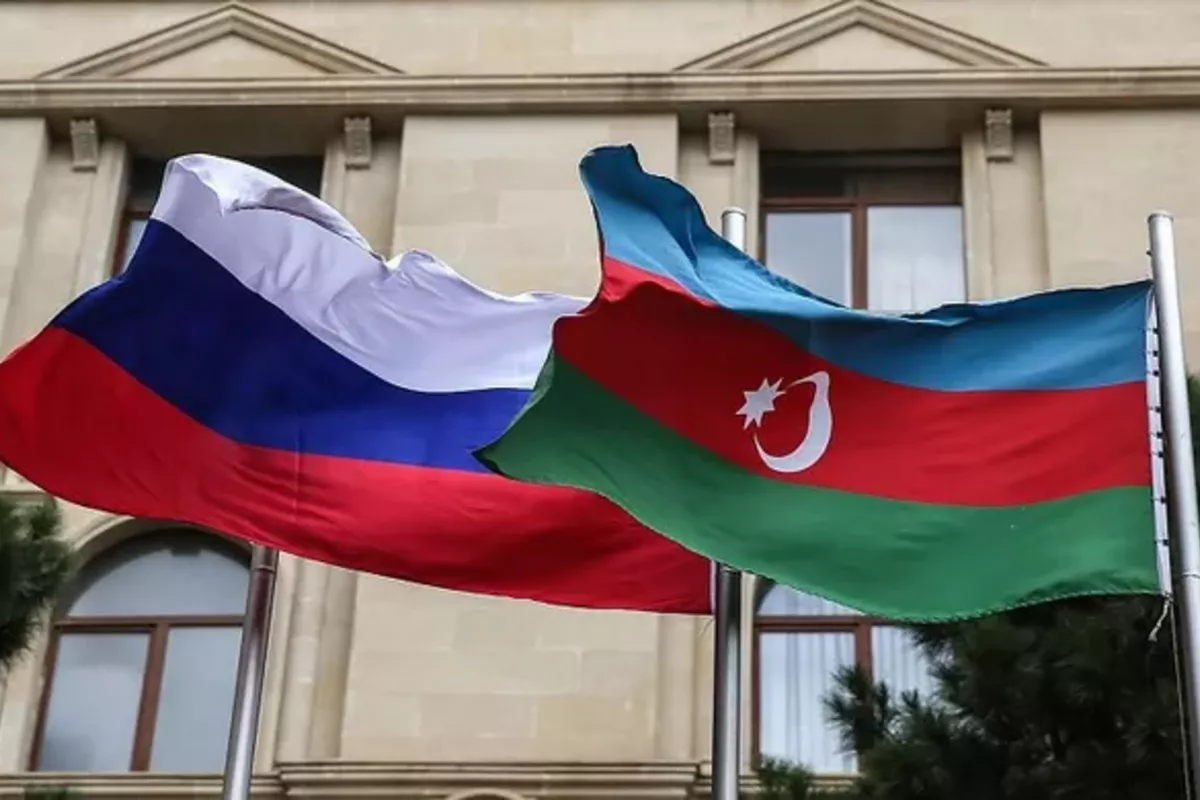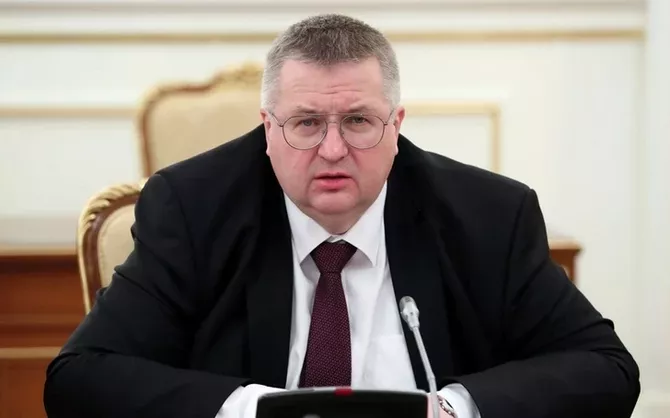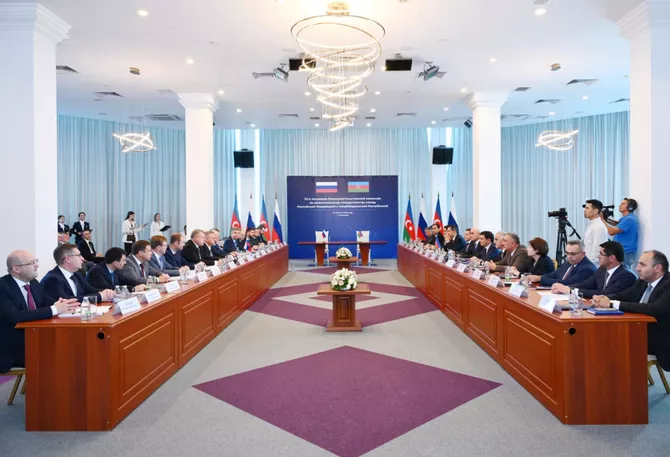
When Astrakhan quietly hosted the 23rd meeting of the Russian-Azerbaijani Intergovernmental Commission on Economic Cooperation on August 22, the event could have easily been seen as routine. After all, these gatherings have taken place for years, co-chaired this time by Russian Deputy Prime Minister Alexey Overchuk and Azerbaijani Deputy Prime Minister Shahin Mustafayev, with more than 40 representatives of ministries, agencies, customs services, and banks in attendance. Yet in the current political climate, this meeting carried symbolic weight far beyond its agenda.
For months, relations between Baku and Moscow have been marked by unease. Since December last year, the trajectory has been anything but smooth. Many expected Azerbaijan to step back from the Astrakhan session-or at least to signal discontent. Instead, the meeting went forward and, according to reports, did so with notable success. If one did not know about the underlying tensions, one could hardly imagine that serious disputes had simmered for months.

Kommersant reported that participants reviewed progress on earlier decisions and advanced the 2024-2026 cooperation roadmap, covering energy, transport infrastructure, and industrial cooperation. Overchuk was careful to stress the “mutually beneficial” character of relations, noting Russia’s position among Azerbaijan’s top three trade partners.
Particularly striking was the discussion of the North-South transport corridor and the use of national currencies in mutual trade. Moscow revealed that nearly 80 percent of transactions in the first five months of 2025 were settled in rubles. This emphasis on practical cooperation, at a time when geopolitics has strained nerves, was a message in itself: both capitals are willing to compartmentalize politics and keep the economic engine running.
Equally notable was what did not happen. Russian media refrained from the hostile undertones that often accompany coverage of Azerbaijan. Reports were measured, absent of political digs, with references to past disputes framed in the logic of reconciliation. Kremlin spokesman Dmitry Peskov, who only weeks earlier acknowledged the “difficult period” in ties, spoke with deliberate optimism about relations moving back toward normalcy.
But optimism does not erase recent wounds. For the first time in years, Azerbaijan made no effort to shield tensions behind closed doors. The tragic downing of its aircraft by Russian air defenses was brought into the public arena, sparking wide debate. Moscow’s mishandling of the aftermath-compounded by the violent incident in Yekaterinburg involving Azerbaijanis-left scars. These crises revealed fractures that could no longer be smoothed over in diplomatic backrooms.

It is in this context that the Astrakhan meeting stands out. Against expectations, it became a symbol of restraint. No scandals, no hostile soundbites. Instead, a final protocol reaffirmed readiness for cooperation. And while the full content of Mustafayev and Overchuk’s one-on-one conversation remains undisclosed, one can reasonably assume that the most sensitive points were left deliberately off record.
Perhaps this is where the true meaning lies. The silence that has followed the meeting-both in Baku and in Moscow-feels less like indifference and more like cautious hope. Even the decline in anti-Azerbaijani rhetoric on Russian television propaganda shows suggests that the temperature is shifting.
For Azerbaijan and Russia, the stakes are clear. The two countries are economically interdependent, but beyond that, they have never allowed tensions to spiral to the point of rupture. Historically, they found ways to resolve disputes quietly, often shielding them from the public eye. This time, the cracks became visible-and that visibility could itself become a catalyst for change.
The Astrakhan commission did not solve the underlying problems. But it demonstrated something perhaps more important: a willingness to keep the channels open, to manage tensions, and to hint-subtly but unmistakably-that relations may be edging toward a thaw. For both sides, and for the wider region, that is no small step.
Share on social media